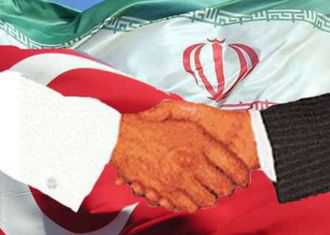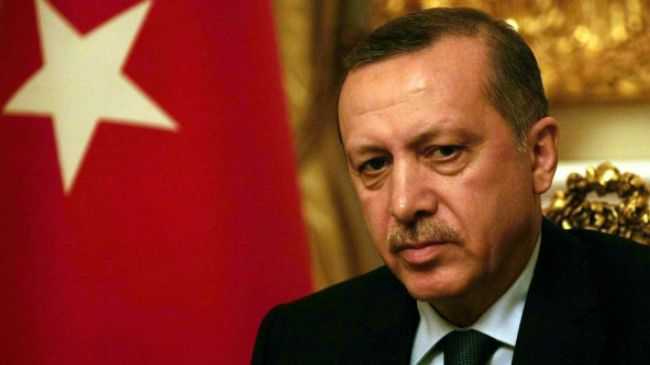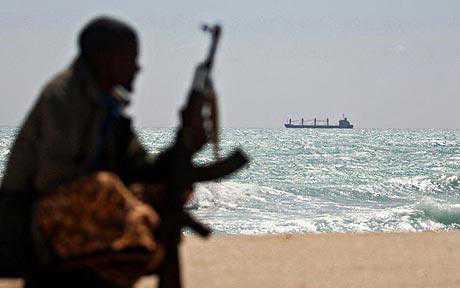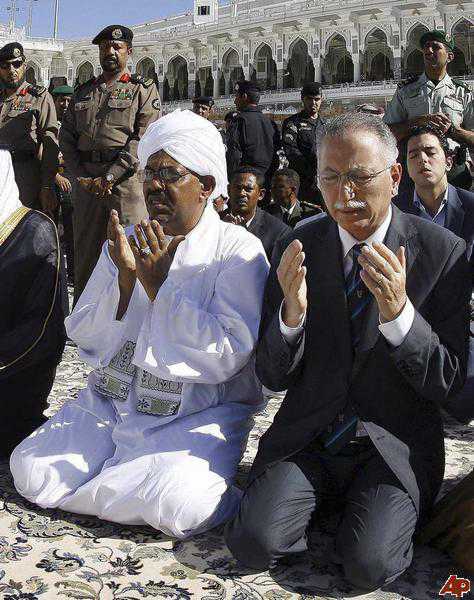By Sara Rajabova
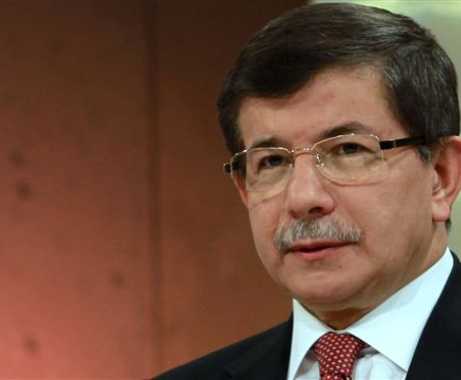
Turkish Foreign Minister Ahmet Davutoglu has called on Iran to work harder to prevent Sunni-Shiite tension in the politically fragile Middle East, saying Iran plays an important role along with Turkey in reducing sectarian clashes in the region, Turkish newspaper Todays Zaman reported on Thursday.
Davutoglu said that due to the Syrian crisis, Turkey is experiencing new challenges with some of its neighbors, adding that Turkey has invested in the Syrian people and that, in the end, they would emerge victorious.
The main point of contention between Turkey and Iran has recently been the uprising against the Assad government. Ankara wants Assad to step down, while Tehran that has close ties with Assad is hesitant to take a strong stance on the Syrian leader, the report said.
Davutoglu said the regimes in the Middle East collapsed because they were remnants of the Cold War era.
“The Cold War is coming to an end in the Middle East only now. All the archaic structures are now collapsing,” he said.
Davutoglu’s comments came at a conference at the Ankara-based Institute of Strategic Thinking (SDE) on Thursday. He touched upon various issues and evaluated Turkey’s foreign policy in 2012 in retrospect.
He said “Yes, Turkey took a risk in the Arab Spring. But this was an accurate risk taken at the right time. Turkey sided with the right side of history and became an actor that has directed the course of history.”
The Tukish FM defended Ankara’s policies in Syria and the wider Middle East, asserting that the government wants to lead global and regional processes of change.
“No one can rightly blame Turkey for the Syrian crisis, which was a political earthquake. We will tackle the problem in the end,” he said.
Meanwhile, Iranian Foreign Ministry spokesman Ramin Mehmanparast said at a news conference in the Turkish city of Trabzon on Thursday that Iran and Turkey plan to continue discussions on Tehran’s six-point peace plan for Syria, Press TV reported.
He said Iran’s six-point plan for resolution of the Syrian crisis is the best peaceful plan which guarantees the Syrian people’s rights.
Denouncing any foreign intervention in Syria, the Iranian diplomat called on all countries to facilitate the democratic process in Syria.
Mehmanparast stated that despite some differences, Turkey and Iran have a common stance on various political issues.
UN-Arab League envoy Lakhdar Brahimi, who met with Syrian President Bashar Assad on Monday in Damascus, brought a double-option US-Russian initiative on the solution of the Syria crisis to Assad.
The first option of the initiative considers the establishment of a transitional government under the leadership of Assad and will include the opposition and those who were not involved in the crackdown in Syria. This government should aim for a democratic election that will not involve Assad’s candidacy.
According to the other option of the US-Russian initiative, Assad is to leave the country and a transitional government which would include a mixed opposition-government team is to be established to lead the country to the next election.
Recently, the French daily newspaper Le Figaro reported that the US-Russian initiative for a transition government in Syria would see Assad staying in power until 2014, with no possibility of re-election.
On the other hand, Russian Foreign Ministry spokesman Alexander Lukashevich rejected the media reports that Assad’s resignation is the precondition for any future negotiations over the Syrian crisis, Fars News Agency reported on Thursday.
“No one has set any preconditions for Assad’s resignation. There’s no such condition in the agreed Geneva communique,” the Russian official was quoted as saying by Voice of Russia.
Lukashevich pointed out that urging an elected president to step down ran counter to the agreements reached previously at ministerial level.
Russia’s Deputy Foreign Minister Mikhail Bogdanov said that the UN-Arab League envoy will pay a one-day visit to Moscow on Saturday to discuss Syrian peace settlement, UN spokesperson Martin Nesirky said on Wednesday, RIA Novosti reported.
Also, Russia expects to meet senior U.S. officials on Syria next month to discuss with international envoy Brahimi his proposals to end the conflict there, the Kremlin’s envoy to the region said on Friday, according to Reuters.
“We will listen to what Lakhdar Brahimi has to say about the situation in Syria and after that, probably, there will be a decision to hold a new meeting of the ‘three Bs’,” Bogdanov said – making a word play on the first letter of the diplomats’ last names.
Bogdanov, U.S. Undersecretary of State William Burns and Brahimi agreed that a political solution to the crisis was necessary and possible in talks earlier this month.
Bogdanov said another meeting of the three “will take place already in January after the holidays.”
Syria has been the scene of deadly unrest since March 2011, which has claimed the lives of thousands of Syrians, including a large number of Syrian soldiers and security forces.
According to the UN website, at least 20,000 people, mostly civilians, have been killed since the uprising against President Assad began in March 2011. The conflict has spawned more than 500,000 refugees, while an estimated four million people inside the country need urgent humanitarian assistance.
via Turkey urges Iran to step up effort to prevent religious tension in Middle East – AzerNews.

